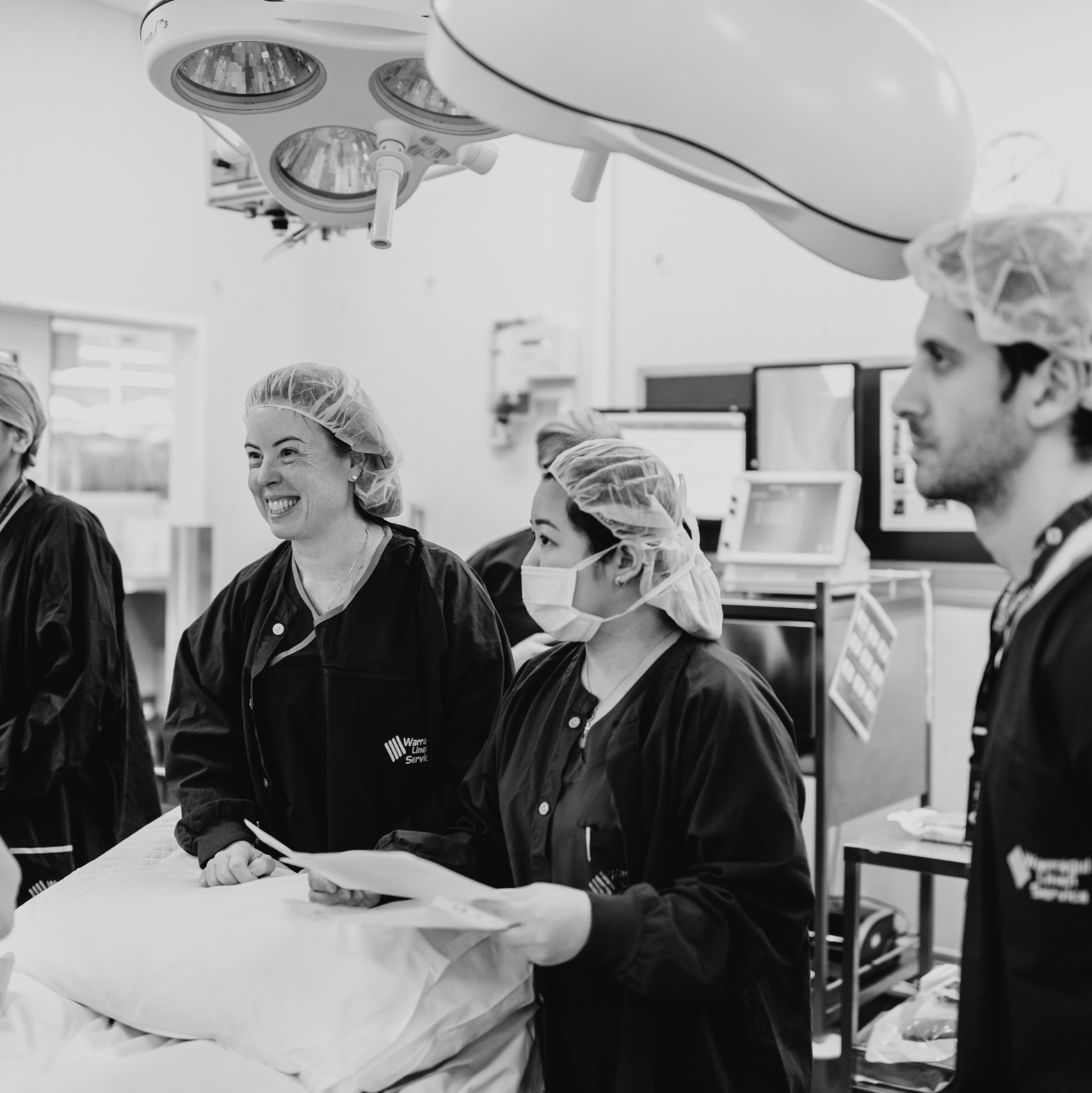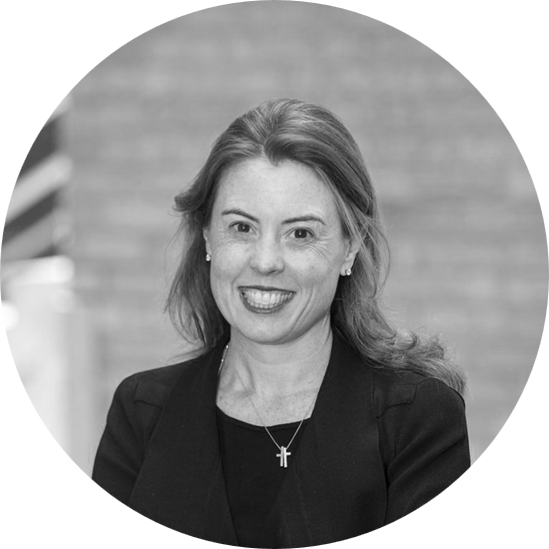I am trying to learn golf. I am really hopeless, but I enjoy a walk and a chat! I love to travel, ski and through my husband I have become very interested in art.
WHAT ATTRACTED YOU TO MEDICINE?
My mum recalls that I said I wanted to be a doctor from age 4, I am not sure about that. I remember wanting to drive the lift at Myer at that stage! I became serious about being a doctor when I was in around year 8 or 9. I loved science, but also loved team sports and other group activities and medicine seemed a good way to use my interest in science but also work with and for people. I remember a missionary couple coming to speak to my church, and I was really moved by their stories of helping people, and I wanted to spend my life helping people too.
What did your path look like to get into medicine?
I was fortunate enough to get into Undergraduate medical school straight from year 12. Mind you, I only got in by 2 marks!
How did you get into high mortality rate cancer research?
My interest in research was driven by my clinical practice. As a junior doctor I could see there was so much we didn’t know, and it seemed that it was only through research could we find ways to improve patient care, experience and outcomes. My initial research was in colon cancer prevention. I then finished my clinical training which focused on the other end of the bowel – the stomach and oesophagus, and my research pivoted to exploring how we improve outcomes for people undergoing both obesity surgery and cancers of the stomach and oesophagus. We tend to focus on the issues we see day to day with our patients, in particular, how we can improve their quality of life, quality of swallowing and nutrition. We start by understanding how the procedures work, and then why they go wrong. From there we work with our patients and multidisciplinary team to find solutions, and measure the impact.
Why is there a need for more awareness and funding for lesser known cancers?
There is a limited amount of money available for research, and the high profile cancers tend to attract most of the funding. We have seen major improvements in diseases such as breast cancer, lung cancer, melanoma and colon cancer because of this investment. Lesser known cancers are harder to attract research money for, and treatments have been slower to change, meaning whilst outcomes have moved a little, they have not improved at the same scale as those that have had access to more research funds.
We need to find ways to get people to understand how impactful research can be to improving patient outcomes, and for rare cancers we need to first help people understand what theses cancers are and why they are important to care about and support.
What do you enjoy doing outside of practising medicine?
The impact of Wendy's work
See how Professor Wendy Brown and her team are using funding from our generous donors to improve the diagnosis, care and 5-year survival rate for oesophageal cancer






